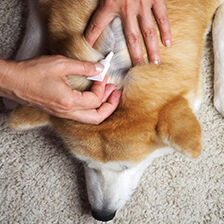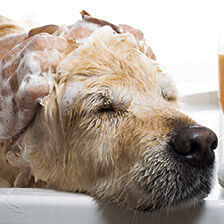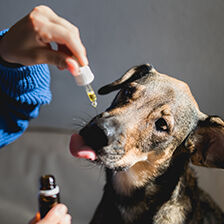SHOP OUR TOP CATEGORIES

10 Essentials for Adventuring with Your Pet

Have you heard the news?
We've expanded our delivery options to include new areas and even Same-Day Delivery!
.png)


Spoil Your Kitty
Spoiling your cat with toys and treats is a fun way to bond and keep everybody happy. From feather wands to catnip mice and gourmet snacks, these little indulgences keep your feline entertained, mentally stimulated, and feeling extra loved.

Pamper Your Pup
Treating your dog to fun toys and tasty treats is a great way to show you care. Chew toys, squeaky balls, and yummy, healthy snacks provide fun, mental stimulation, and reward good behavior—making every tail wag a little harder.

The PNW loves Mud Bay
.png)

.png)











.jpg)
.jpg)
.jpg)
.jpg)

.jpg)
.jpg)
.jpg)
.jpg)
























